Do you need a license to ride an electric scooter? The answer is possibly no. The scooters we’re talking about aren’t the Vespa-style, but rather what are known as kick-scooters. Laws differ from state-to-state and country to country, but we’ll offer a few examples.
In New York, for example, even e-scooters are classified as Class C vehicles, which doesn’t require a license. This is especially great for residents of New York City, as many residents there don’t drive and therefore have no reason to have a driver’s license. The top speed allowed is 20 mph.
California is more stringent, requiring a valid driver’s license or learner’s permit and capping the top speed of 15 mph. Minors under the age of 18 are required to wear a helmet (I recommend everyone wear a helmet on a bicycle or scooter).
Chicago demands that their scooter-share fleet owners geofence the scooters from sidewalks. Geofencing uses GPS technology to know fairly precisely where the scooter is located, and in Chicago’s case, taking the scooter up onto a sidewalk shuts the motor down.
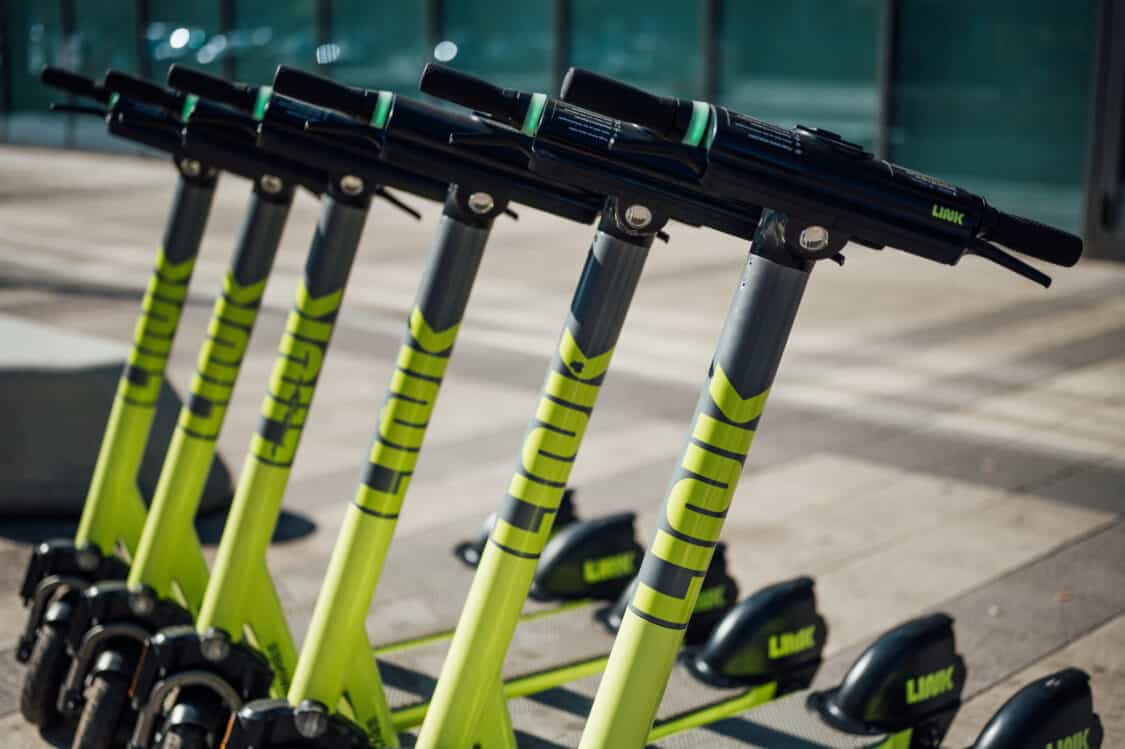
The U.K. has started trials for this, allowing riders with a valid driver’s license to rent scooters, and privately-owned scooters are not allowed at this time. Australia’s laws vary by state and territory. For example, in Queensland and Victoria, a driver’s license is required.
Canada’s scooter laws vary by province, state, and city. In most provinces, you can ride an electric scooter without a license, though minimum age requirements apply, but some places do require a driver’s license.
Japan may be the strictest of all, requiring riders to have a valid motorcycle license and registration, license plates and insurance for the scooter.
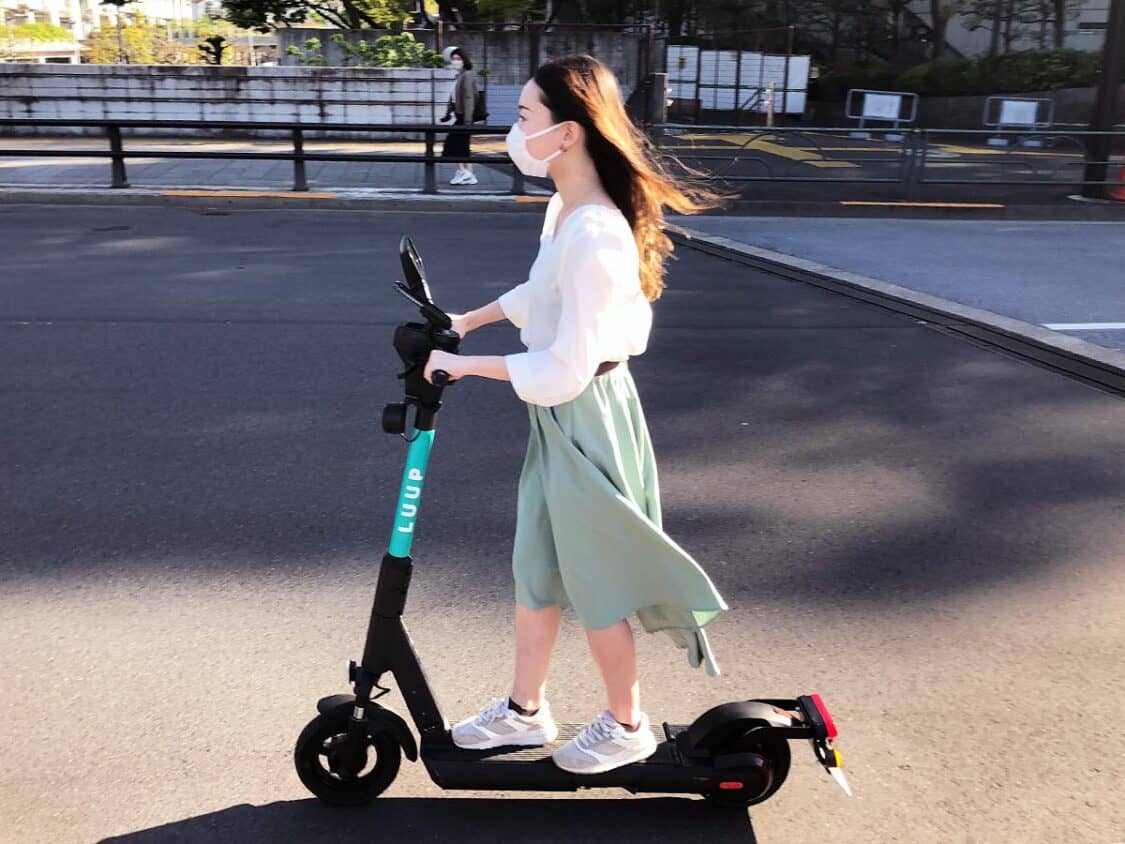
Many large metropolitan areas have scooter-share. This was kicked off by a Santa Monica, California-based company called Bird. A myriad of other brands have hopped on the bandwagon.
They place scooters throughout the city every morning, then riders can use that company’s app to rent the scooter, usually by the minute. When a rider arrives at their destination, they can simply leave their scooter there for someone else to use. Some localities have rules as to where the scooters can be placed.
At night, someone rounds up the scooters to charge them. Some scooter-share companies hire independent contractors to do this. I’ve seen a neighbor’s kid earning $100+ per night every night doing this.
Scooter regulations:
- Vary by state, municipality, country or territory
- Some places limit the top speed of a scooter
- Some places make scooter-share companies geofence scooters from some places, like sidewalks
- Check your state and local rules
HOT ROD SCOOTERS
Most e-scooters sold in the U.S. are compliant with most of the laws. There are exceptions, even to the extreme, like the Inmotion RS, a $5000 scooter that can top 43 mph. Something that fast needs to be used on private roads and/or land.
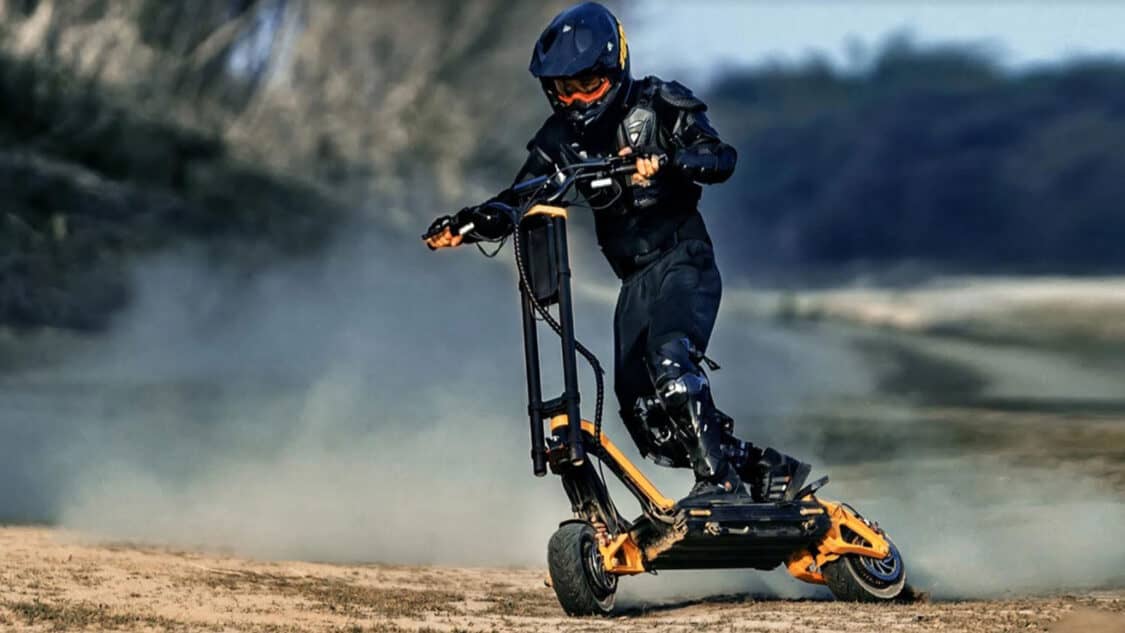
It’s worth checking your local and state laws, because they’re all different. And some have different laws based on whether it’s a scooter-share scooter or one you’re buying for yourself. If you are buying one, the retailer you buy it from should know the laws. If they don’t, either do your own research before buying, or find another retailer.

IMAGES: ELVERT BARNES, INMOTION
FTC: We use income-earning auto affiliate links. Learn more.


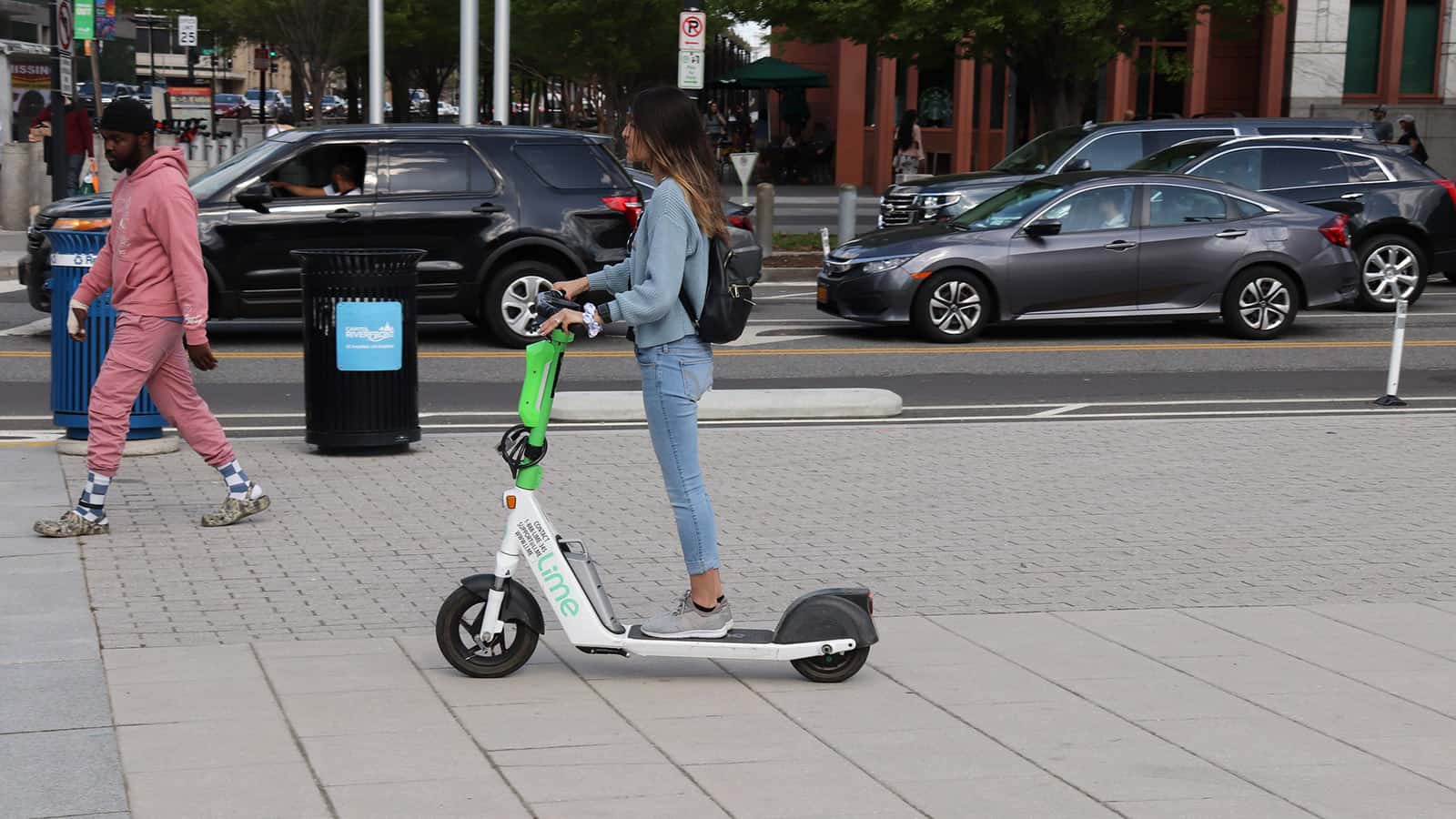


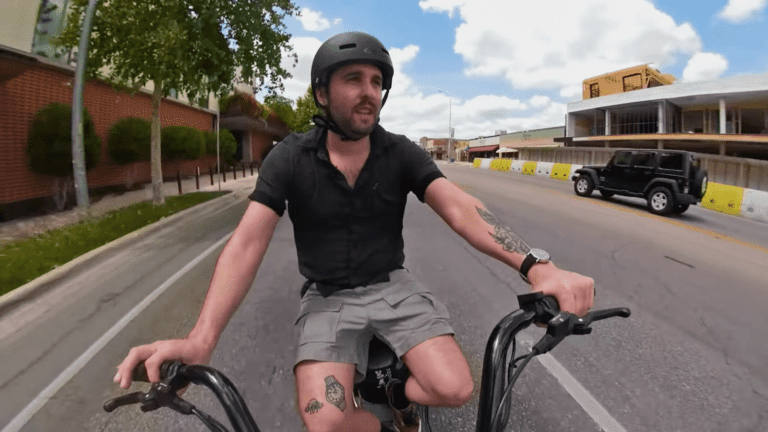
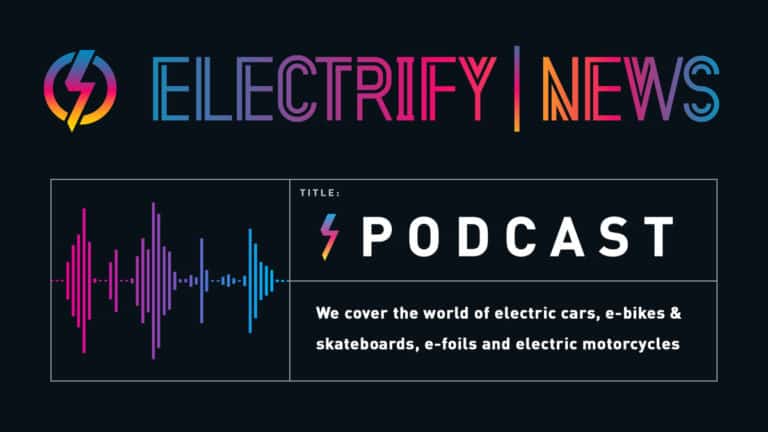
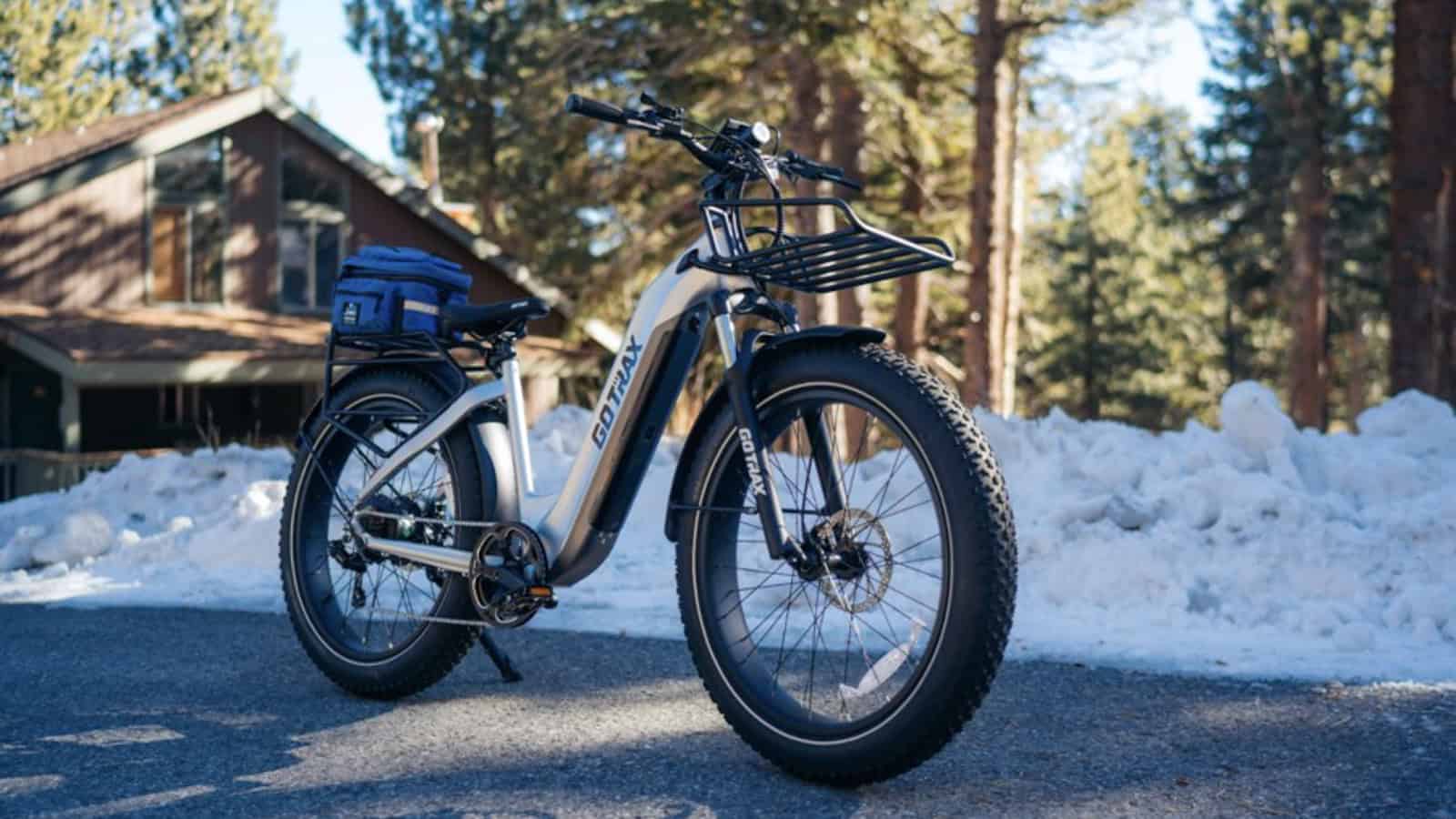
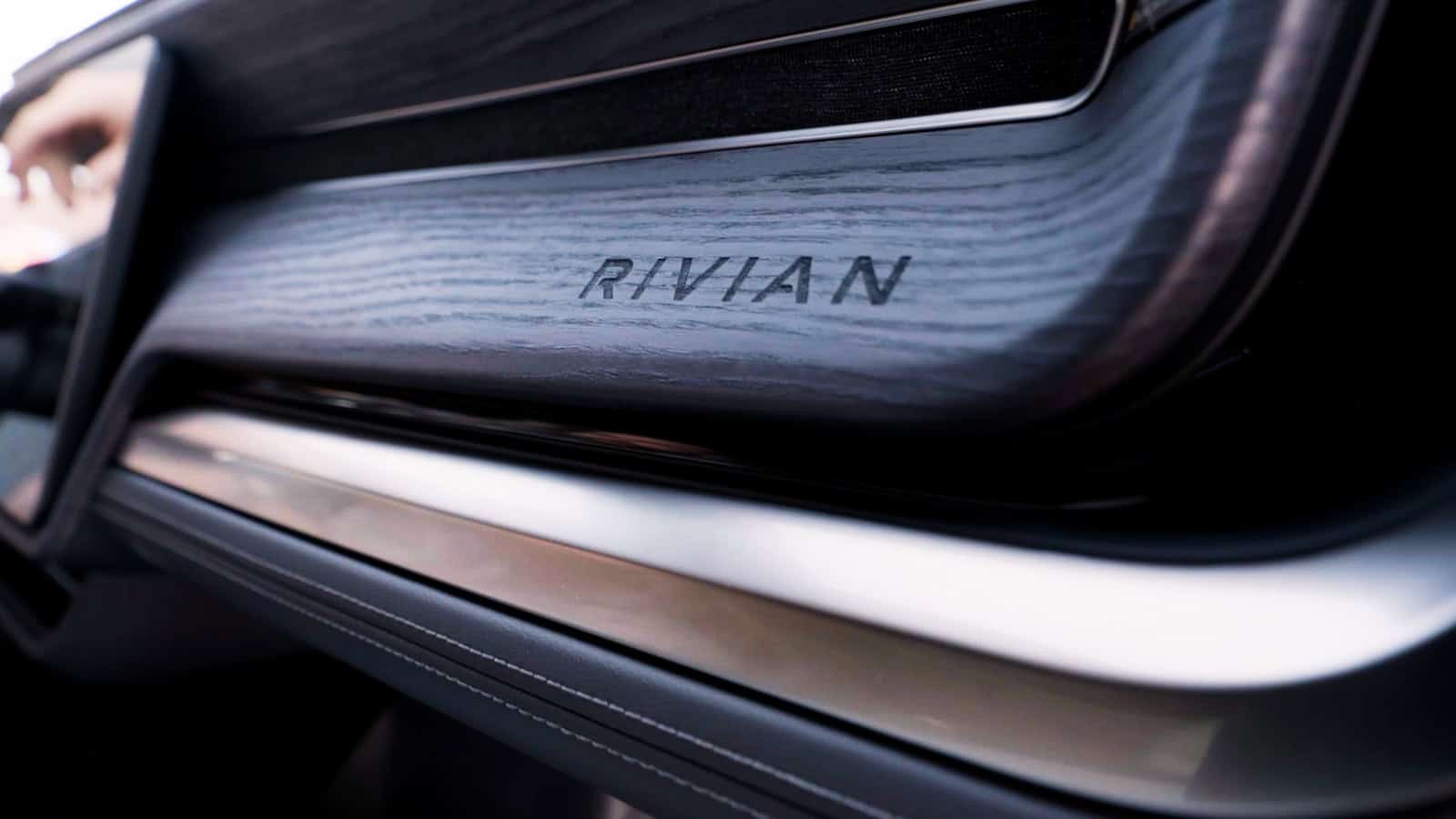
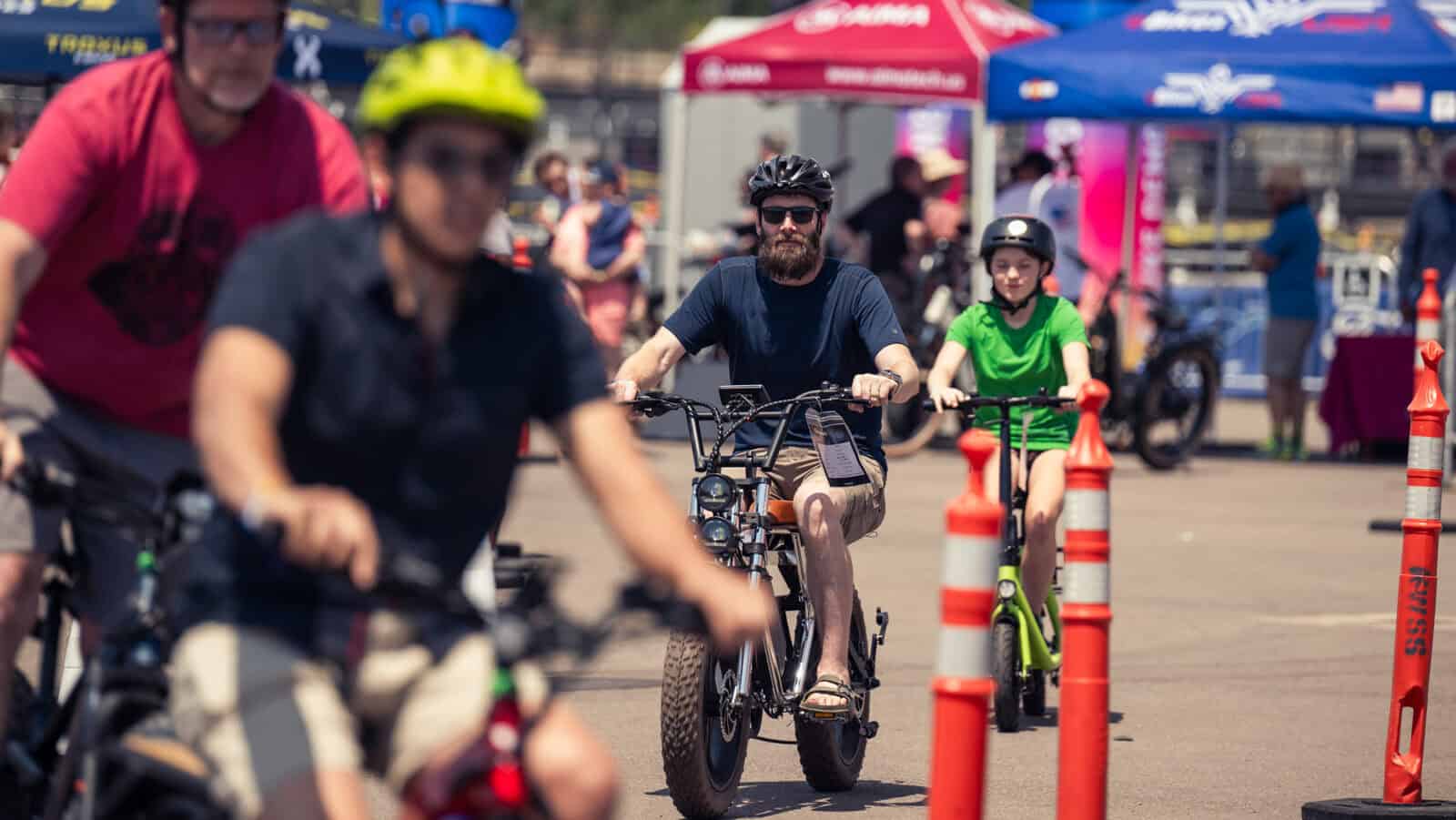
One Response
Am happy I come across this news, because my Daughter is 16 and I got her a electric scooter and a vehicle hit her off of it and the police give her the wrong because she don’t have a License we live in Connecticut.